Latest News
UN report claims Afghanistan’s morality police are violating human rights
According to the report, the ministry has enforced decrees that have a disproportionate impact on women and girls, like dress codes, segregated education and employment, and having a male guardian when they travel.
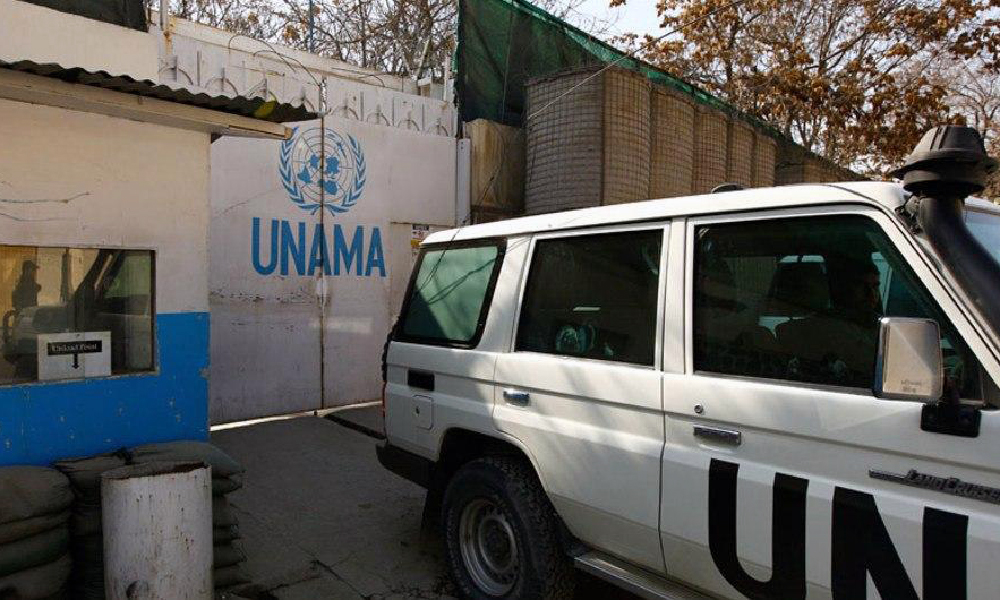
The UN said Tuesday the ministry for the propagation of virtue and prevention of vice were violating human rights and fundamental freedoms and that decrees and methods used to enforce rules were contributing to “a climate of fear and intimidation among segments” of society in Afghanistan.
The report, titled ‘De Facto Authorities’ Moral Oversight in Afghanistan: Impacts on Human Rights’ was published Tuesday and also contained the Islamic Emirate’s response to the UN’s findings.
The report stated: “As part of this engagement, Afghanistan’s de facto authorities were invited to provide factual comments on the content of the report.”
According to the report, the ministry has enforced decrees that have a disproportionate impact on women and girls, like dress codes, segregated education and employment, and having a male guardian when they travel.
“The punishments attached to non-compliance with instructions and decrees are often arbitrary, severe and disproportionate,” the report read.
“Sweeping bans with a discriminatory effect on women have been introduced. Human rights violations, as well as the unpredictability of enforcement measures, contribute to a climate of fear and intimidation among segments of the population,” the report stated.
UNAMA said it had recorded at least 1,033 instances between August 2021 and March 2024 where ministry employees “applied force during the implementation of instructions, resulting in violations of the liberty, and physical and mental integrity” of people.
The IEA responded by saying the decrees issued by the supreme leader lay “the foundation of the formal documents that are based on Islamic sources. It is a widely recognized principle in all common regimes that decrees and relevant legal documents are issued to reform society and should have their implementation ensured.”
UNAMA also stated that the use of corporal punishment was a violation of the prohibition on torture and cruel, inhuman and degrading treatment or punishment.
The organization added that the requirement for women to travel with a mahram (male guardian) beyond 78 kilometers from their home limits their right to freedom of movement and creates financial and logistical barriers for them to access employment and healthcare.
In response to this, the Islamic Emirate said the presence of mahram with a woman “is not only an Islamic value; it is also a cultural value.”
“A woman encounters criticism from the general public when she travels without a mahram. It is frowned upon in Afghan society for women to travel without a mahram.”
The IEA added that Islam also “specifies a certain distance for a woman to be accompanied by a mahram when she travels. To this end, the mahram's presence with a woman serves to safeguard her honor and chastity.”
The report meanwhile stated that since the ministry’s establishment, its scope of responsibility has continued to expand. “In addition to intensifying monitoring of compliance with existing policies, it has introduced new instructions and expanded into new areas of enforcement,” UNAMA stated.
These areas include monitoring of the media, the eradication of drug addiction, policing of gold dealers, regulating businesses and dispute mediation between individuals, among others.
The Islamic Emirate in turn said “acts are seen as either legal or illegal,” and that the ministry was a key organization within the Islamic Emirate’s governing framework and that its “role is growing as required by the situation”.
However, Fiona Frazer, the head of UNAMA’s Human Rights Service said: “Given the multiple issues outlined in the report, the position expressed by the de facto authorities that this oversight will be increasing and expanding gives cause for significant concern for all Afghans, especially women and girls.”
Overall, the ministry rejected the UN report, calling its findings false and contradictory.
“Decrees and relevant legal documents are issued to reform society and should have their implementation ensured,” the ministry said.
CLICK HERE FOR THE FULL REPORT
Related stories:
Protection of Islamic system ‘obligatory’: virtue and vice minister Hanafi
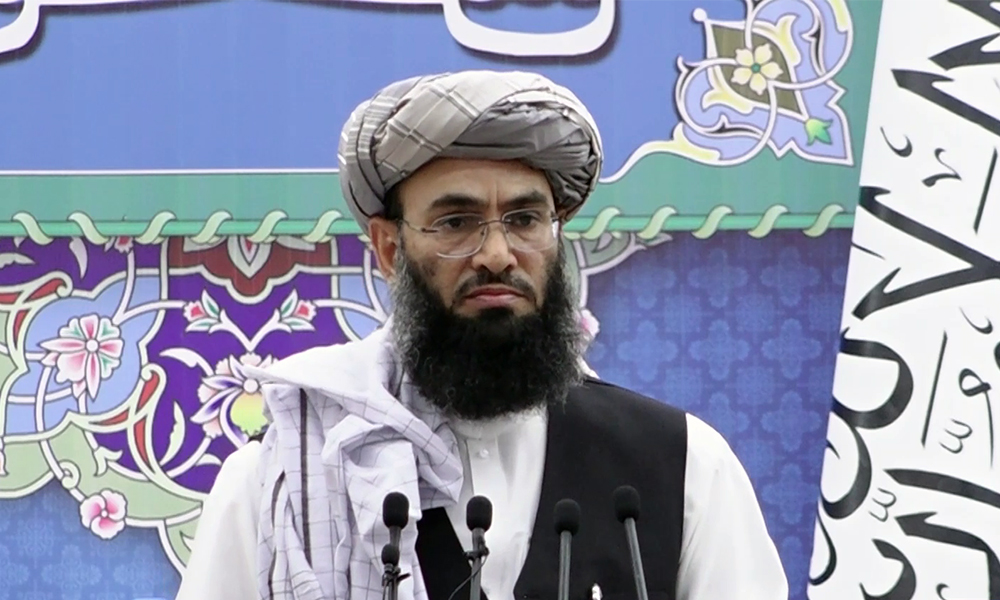
UNAMA issues latest rights report, notes ongoing challenges for women, girls and media
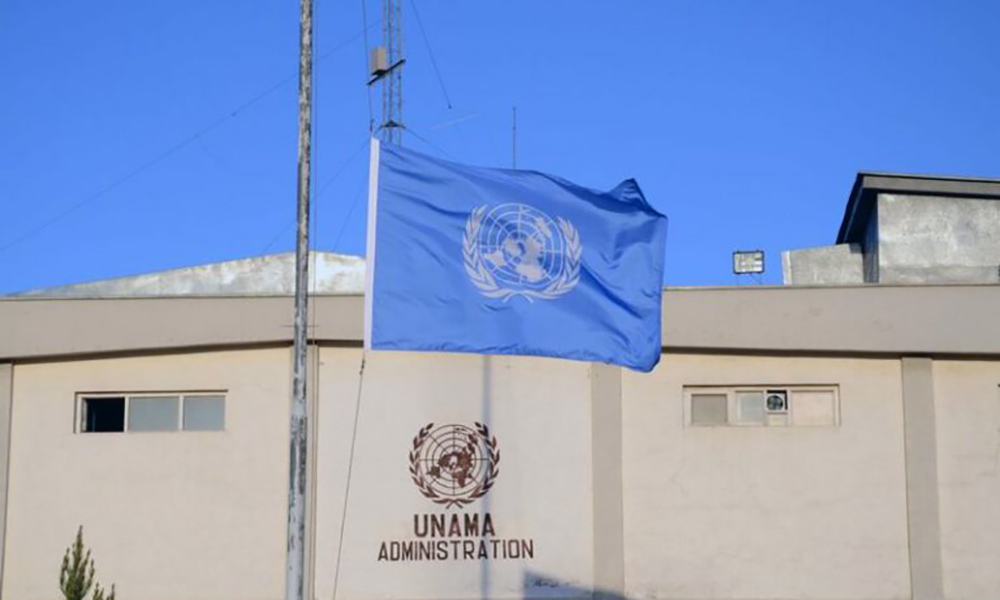
Latest News
A new polio vaccination campaign is set to launch in Afghanistan
Afghanistan and Pakistan are the only two countries in the world where polio has not been eradicated.
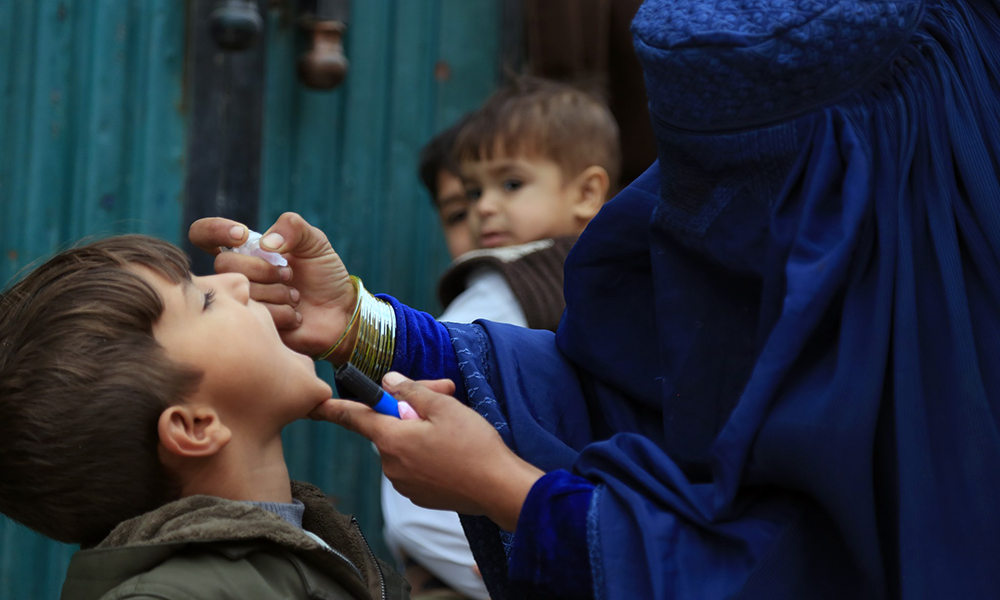
The “Afghanistan Polio-Free” organization announced that a new round of polio vaccinations will begin on Monday, December 23, in various provinces of Afghanistan.
The organization did not specify which provinces will be targeted or how long the vaccination campaign will last.
Afghanistan and Pakistan are the only two countries in the world where polio has not been eradicated.
On December 4, 2023, the World Health Organization (WHO) issued a statement reporting a 283% increase in polio cases in Afghanistan. According to the WHO, the number of positive environmental samples for wild poliovirus type 1 in Afghanistan in 2024 reached 84, compared to 62 cases in 2023.
The Ministry of Public Health claimed in November 2024 that no new cases of polio had been reported in Afghanistan for the year.
Latest News
G7 envoys urge national dialogue for lasting stability in Afghanistan

Special Representatives of the Group of Seven (G7), including the European Union, have emphasized the importance of a national dialogue for achieving long-term stability in Afghanistan.
Following a meeting on Afghanistan in Geneva, Switzerland, G7 special envoys issued a joint statement calling for the restoration of women's rights and urging the Islamic Emirate to fight terrorism.
The statement reads: "Achieving sustainable peace and stability requires credible governance that represents all segments of Afghan society."
The representatives also expressed concern over the IEA’s decision to ban girls from attending medical institutes, warning that it will have devastating consequences for the citizens, particularly mothers and their infants.
The statement described this ban as unacceptable and called on the Afghan authorities to lift it immediately.
Earlier, countries and international organizations had called for the removal of restrictions on the education and employment of women and girls, emphasizing the need for a national dialogue.
In response to these concerns, IEA has repeatedly stated that it will not allow interference in the internal affairs of the country.
The G7 special envoys also expressed their concern about the recent terrorist attacks in Kabul and the surrounding region, warning that terrorism remains a serious threat to Afghanistan's security. They confirmed the actions of the IEA against Daesh but stressed the need for more decisive measures.
Latest News
Afghanistan’s bright future lies in educating girls: Karzai
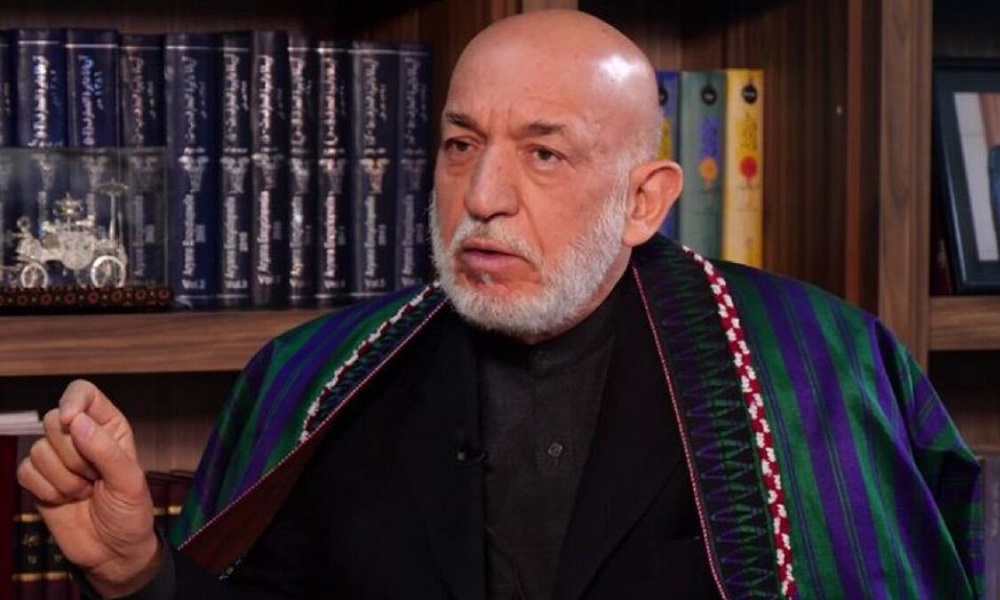
Hamid Karzai, the former president of Afghanistan, says the demand of Afghan girls for the reopening of schools and universities is their fundamental right and adds that Afghanistan cannot have a bright future without ensuring access to education for girls.
In a statement on his X (formerly Twitter) account, Karzai said: "The demand and voice of our country’s girls for education and knowledge is a rightful one and crucial for a prosperous Afghanistan."
He further emphasized, "Empowering the youth—both girls and boys—is the only way to achieve self-reliance, break the cycle of poverty, and drive the development and prosperity of society."
Karzai underscored that education is vital for Afghanistan’s growth and development, expressing hope that the doors of schools and universities for girls will be reopened as soon as possible.
-

 Sport5 days ago
Sport5 days agoLanka T10: All three matches abandoned due to rain
-

 Latest News5 days ago
Latest News5 days agoIndia hoping to import coal and marble from Afghanistan
-

 Sport4 days ago
Sport4 days agoZimbabwe’s opening ODI against Afghanistan abandoned
-

 Latest News5 days ago
Latest News5 days agoFuel prices rise in Herat as winter approaches
-

 Latest News5 days ago
Latest News5 days agoJapan announces $27.5 million aid package to Afghanistan
-

 Latest News3 days ago
Latest News3 days agoTwo horror accidents on Kabul-Kandahar highway leave 52 dead
-

 Latest News1 day ago
Latest News1 day agoAfghan men must stand with women to support viable future of country: US envoy
-

 World3 days ago
World3 days agoNorth Korean troops suffer 100 deaths, struggling in drone warfare, South Korea says
























